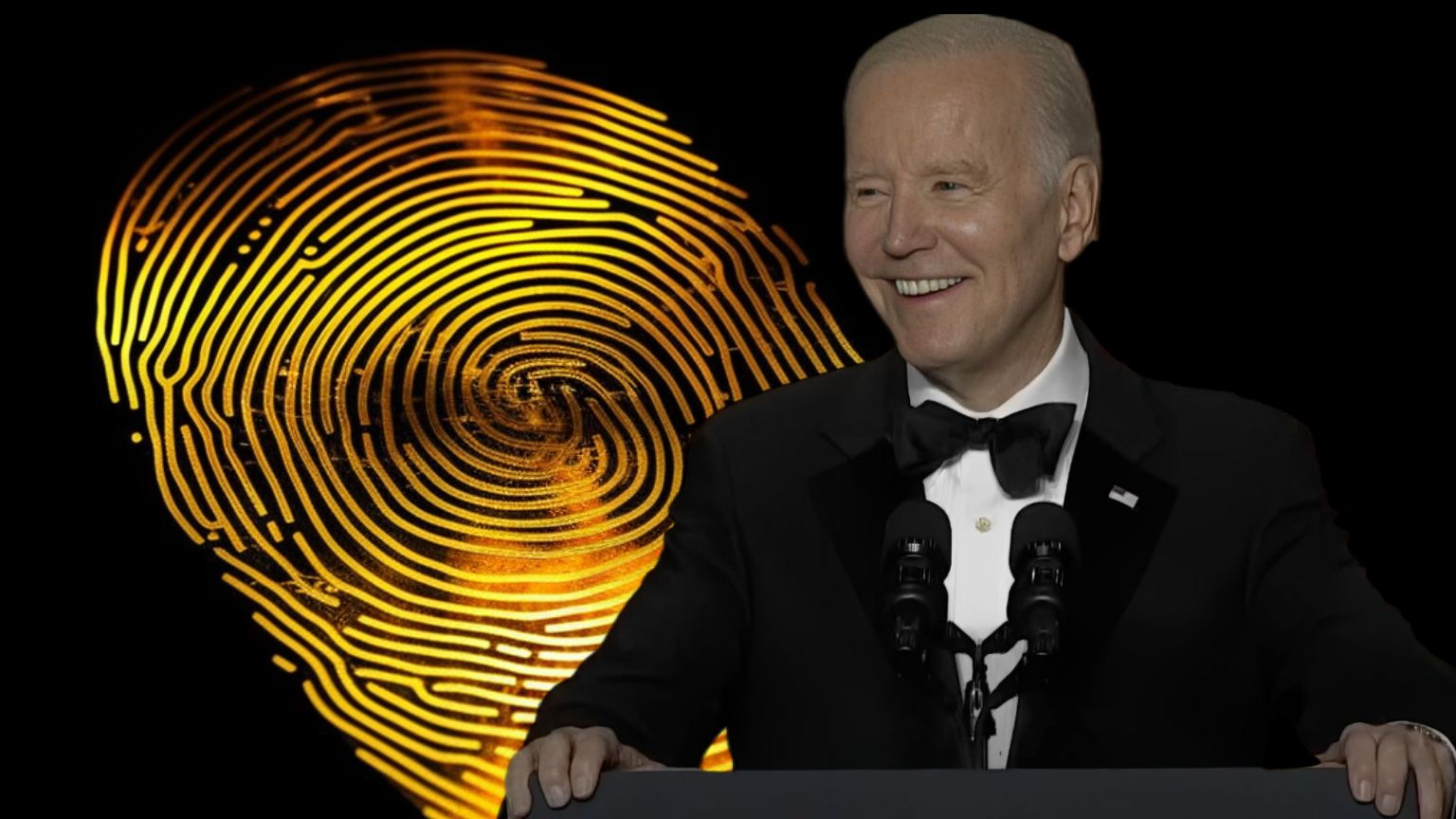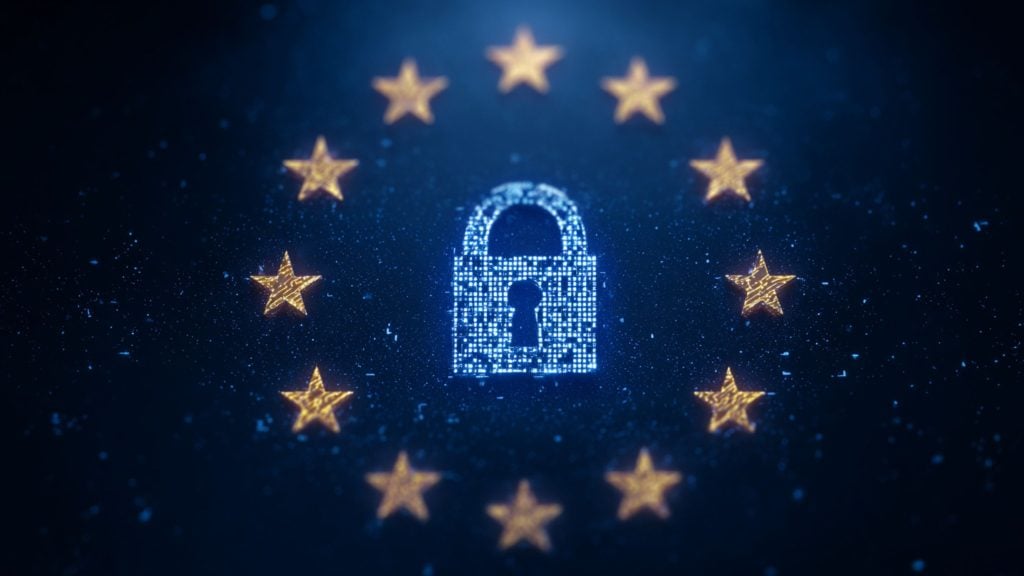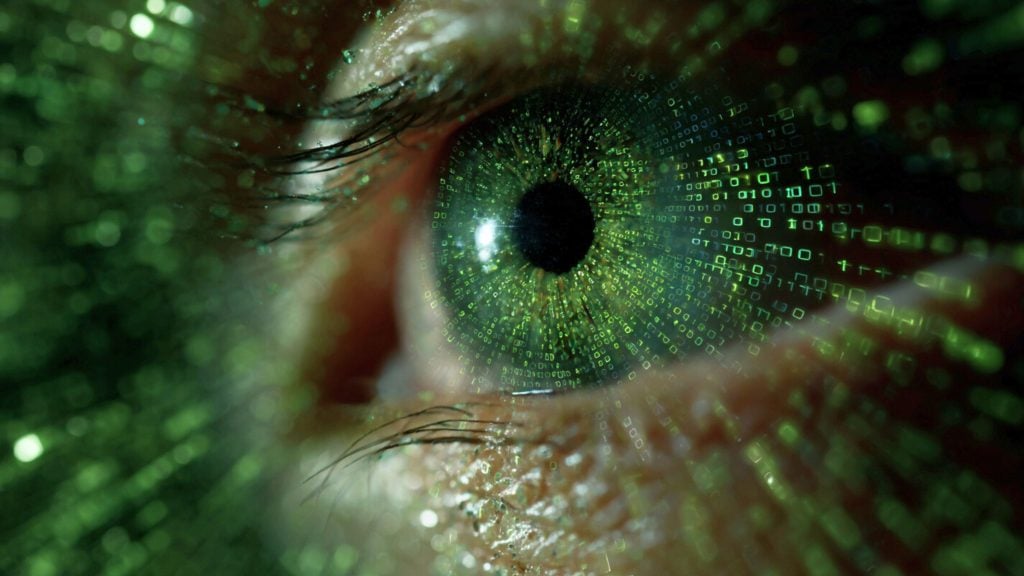While acknowledging the importance of creating standards in dominating technology, concerns about privacy arise as the White House pushes for the US to lead in developing standards for digital ID, something that will further normalize the idea.
The Biden administration fears a potential decline in America’s economic dominance if its ability to create standards weakens. Government officials have observed a shrinking domestic standards workforce amidst a growing number of standards bodies.
The establishment of the National Standards Strategy for Critical and Emerging Technologies aims to give the country an edge in standards-making through collaboration between businesses and the public. However, privacy advocates will question whether the strategy’s intentions are truly in the best interest of citizens.
A White House press release suggests that the standards strategy could restore the country’s rule-based approach to standards on emerging and critical technologies.
While internationally accepted standards created by the US or its economic allies can give domestic services and products an advantage, skeptics worry about potential misuse of technology and privacy infringement. Standards may pay lip-service to values like data privacy in controversial technologies like facial recognition, but their effectiveness in protecting individual rights is still uncertain and federal support behind such ideas will likely hasten their rollout.












